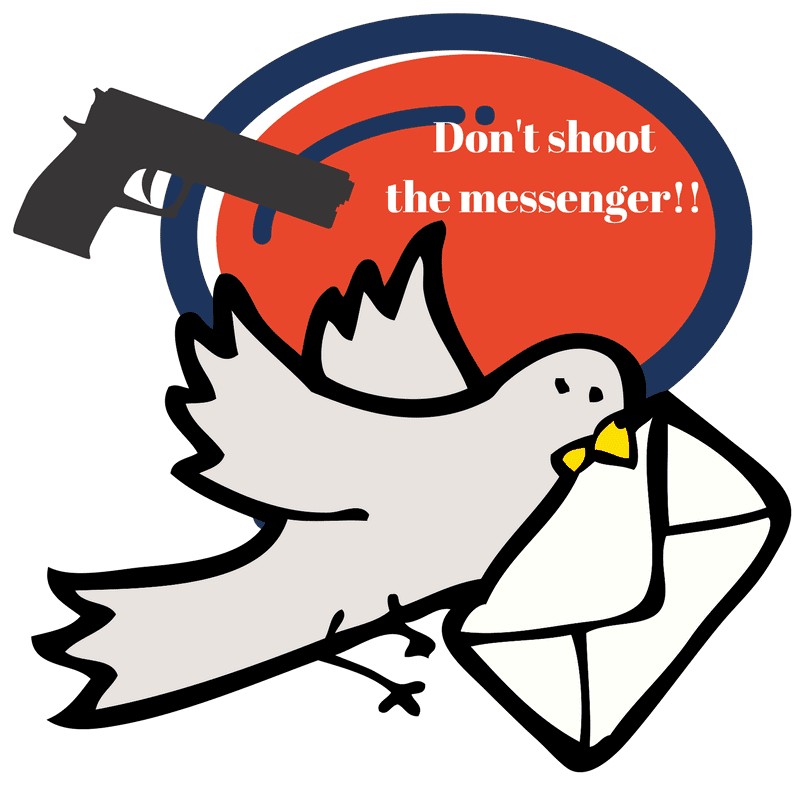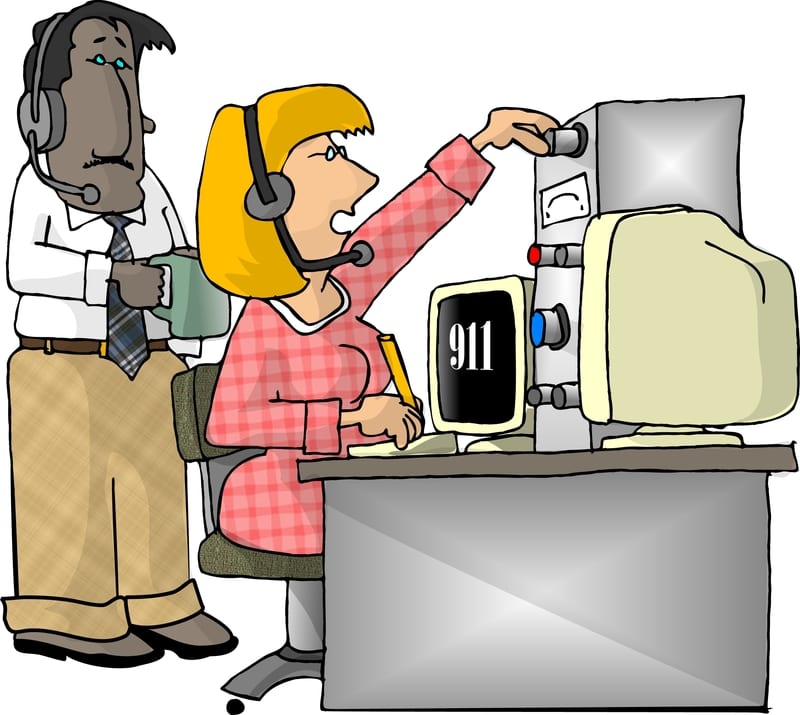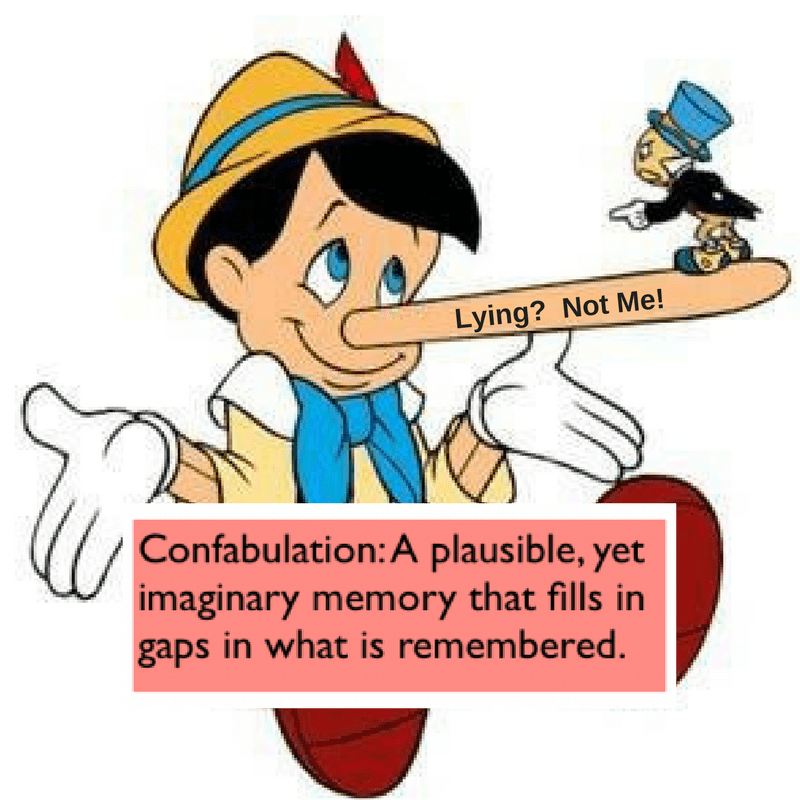Don’t shoot the messenger
Situational awareness is developed by combining three component parts: perception, understanding and prediction. The first part, perception, is a process of gathering information – clues and cues – about what is happening in the environment around you. Some of those clues and cues are obvious. Others are subtle. Some happen right in front of you. […]
Don’t shoot the messenger Read More »










